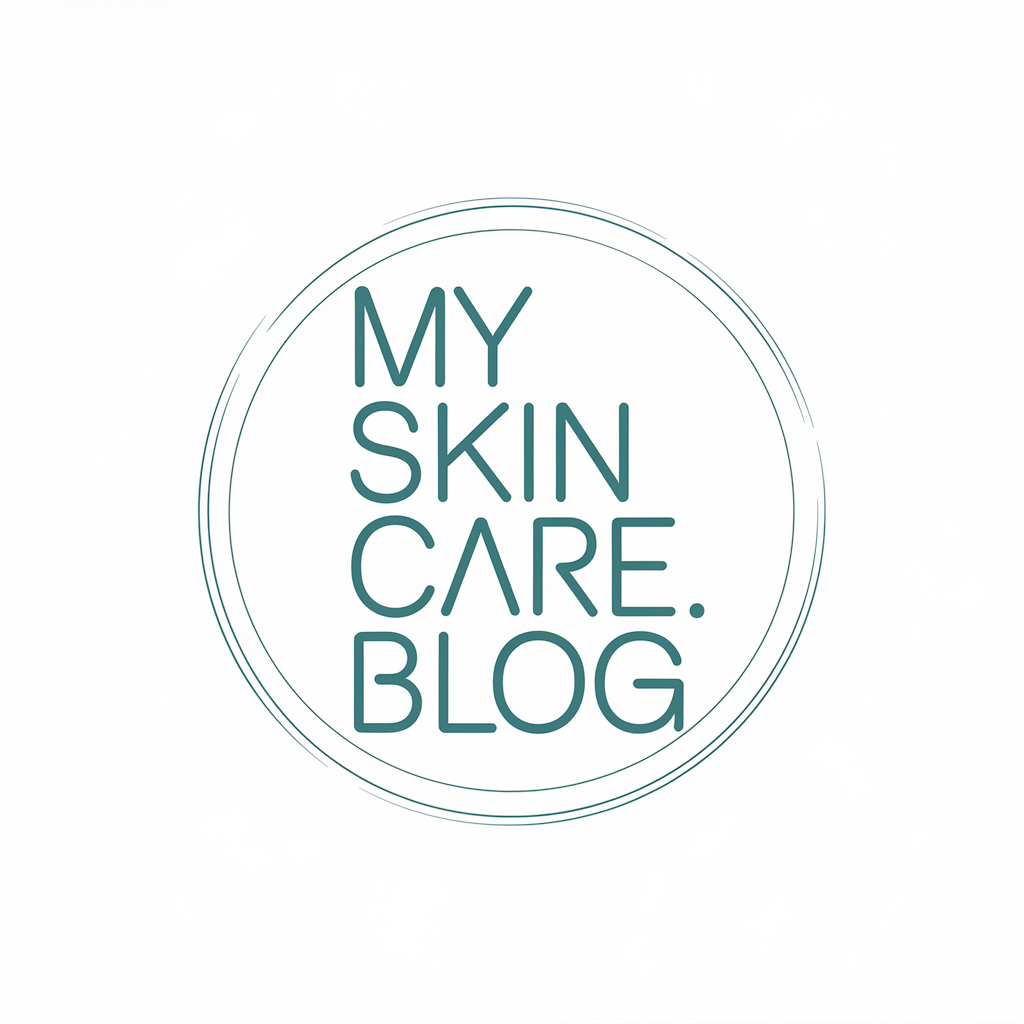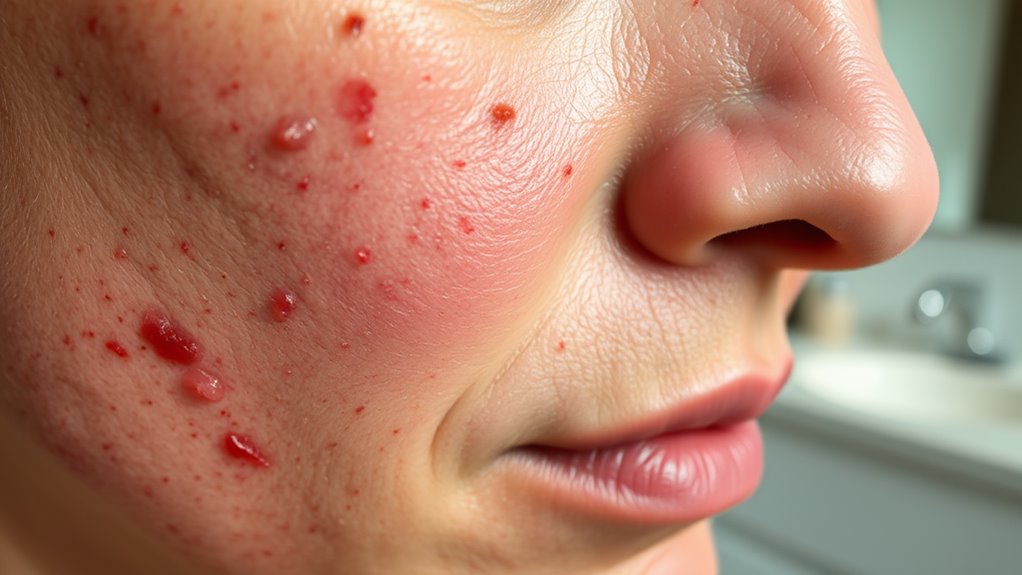This Ingredient Might Be in Your Products-and Ruining Your Skin
You’re unknowingly using products with synthetic ingredients like parabens or sulfates, which studies show can disrupt your skin’s barrier and cause irritation. These common additives may lead to redness, inflammation, and increased sensitivity, especially for those with pre-existing conditions. Safer options, such as hyaluronic acid or niacinamide, offer effective hydration without the risks. Explore tips and alternatives ahead to make informed choices for healthier skin.
Key Takeaways
- Many skincare products contain synthetic ingredients like parabens and sulfates, which can cause skin irritation and disrupt the natural barrier.
- These ingredients may lead to side effects such as redness, inflammation, and increased sensitivity in users with pre-existing conditions.
- Prolonged exposure can compromise skin health, resulting in moisture loss and heightened vulnerability to environmental stressors.
- Safer alternatives, like hyaluronic acid and niacinamide, offer effective hydration and repair without the risks of irritation.
- To avoid harmful ingredients, carefully check product labels for INCI names and use reliable apps for safety verification.
What Is the Controversial Ingredient?
Have you ever wondered about the ingredients lurking in your skincare products?
In chemical skincare, the controversial ingredient often refers to synthetic compounds like parabens or sulfates, which manufacturers add for preservation and stability. You encounter these in many formulations, as they extend product shelf life and enhance texture.
Evidence from studies, such as those by the FDA, shows they’re prevalent in over 80% of cosmetics. However, emerging research highlights that these ingredients may contribute to skin irritation in sensitive individuals.
As a consumer, you should scrutinize labels to identify these additives, ensuring your routine aligns with evidence-based standards for safety and efficacy.
By following practical tips for checking product labels, you can select products that promote healthier skin.
How It Affects Skin Health
While these ingredients preserve product longevity, they can disrupt your skin’s natural barrier, leading to irritation or sensitivity. This happens as they penetrate and compromise the lipid layer, impairing your skin’s ability to retain moisture and defend against pollutants.
Studies show that such interference reduces natural hydration levels, causing dryness and heightened reactivity. For instance, research from dermatological journals highlights how these compounds alter microbial balance, making your skin more vulnerable to everyday stressors. In contrast, natural ingredients are often derived from plant sources and may offer a milder option for maintaining skin health.
However, opting for better alternatives like those recommended in guides debunking skincare myths can help protect your skin without the unnecessary expense.
Potential Risks and Side Effects
Beyond affecting your skin’s barrier, these ingredients can trigger side effects like redness, inflammation, and allergic reactions. Additionally, being mindful of skincare missteps is key to avoiding further aggravation in sensitive skin types.
You may experience persistent dryness or burning sensations, as evidence from clinical studies shows these responses in sensitive users.
For those with pre-existing conditions, such as eczema, risks include exacerbated irritation or contact dermatitis.
Research indicates potential photosensitivity, increasing your vulnerability to UV damage and accelerated aging.
Monitoring these effects is essential, as prolonged exposure could lead to chronic skin issues, underscoring the need for caution in your routine.
To counteract these problems, experts recommend avoiding over-cleansing to maintain a healthy skin barrier and promote gentle healing.
Safer Alternatives to Consider
Instead of sticking with risky ingredients, you can switch to proven alternatives like hyaluronic acid or ceramides, which research shows effectively hydrate and repair your skin’s barrier without triggering irritation. In contrast, retinol is associated with potential skin irritation due to its powerful effects on the skin.
You might also try niacinamide, as clinical studies confirm it reduces redness and strengthens the skin’s protective layer.
For gentle options, consider aloe vera or green tea extract; evidence indicates these soothe inflammation and provide antioxidant protection.
By choosing these evidence-based alternatives, you’re fostering healthier, more resilient skin without unnecessary risks.
Additionally, hyaluronic acid offers instant hydration as an effective way to combat dry skin, making it a top choice for maintaining moisture levels.
Always consult research or professionals for the best fit.
Tips for Identifying It in Products
To identify potentially harmful ingredients in your skin-care products, check the ingredient list on the packaging first. Ingredients are listed by concentration, so scan for those at the top.
Look for INCI names, like “parabens” or “sulfates,” which indicate potential irritants. Use reliable apps, such as the Environmental Working Group’s database, to verify safety ratings.
Read labels carefully for buzzwords or claims that might hide issues, and consult dermatologist-recommended resources for evidence-based insights. This empowers you to choose products that support healthy skin without unnecessary risks. Additionally, be mindful of marketing tactics that brands employ to obscure potential ingredient risks.
Additionally, consider concentration percentages to evaluate if key ingredients are present in effective amounts for optimal skin benefits.





